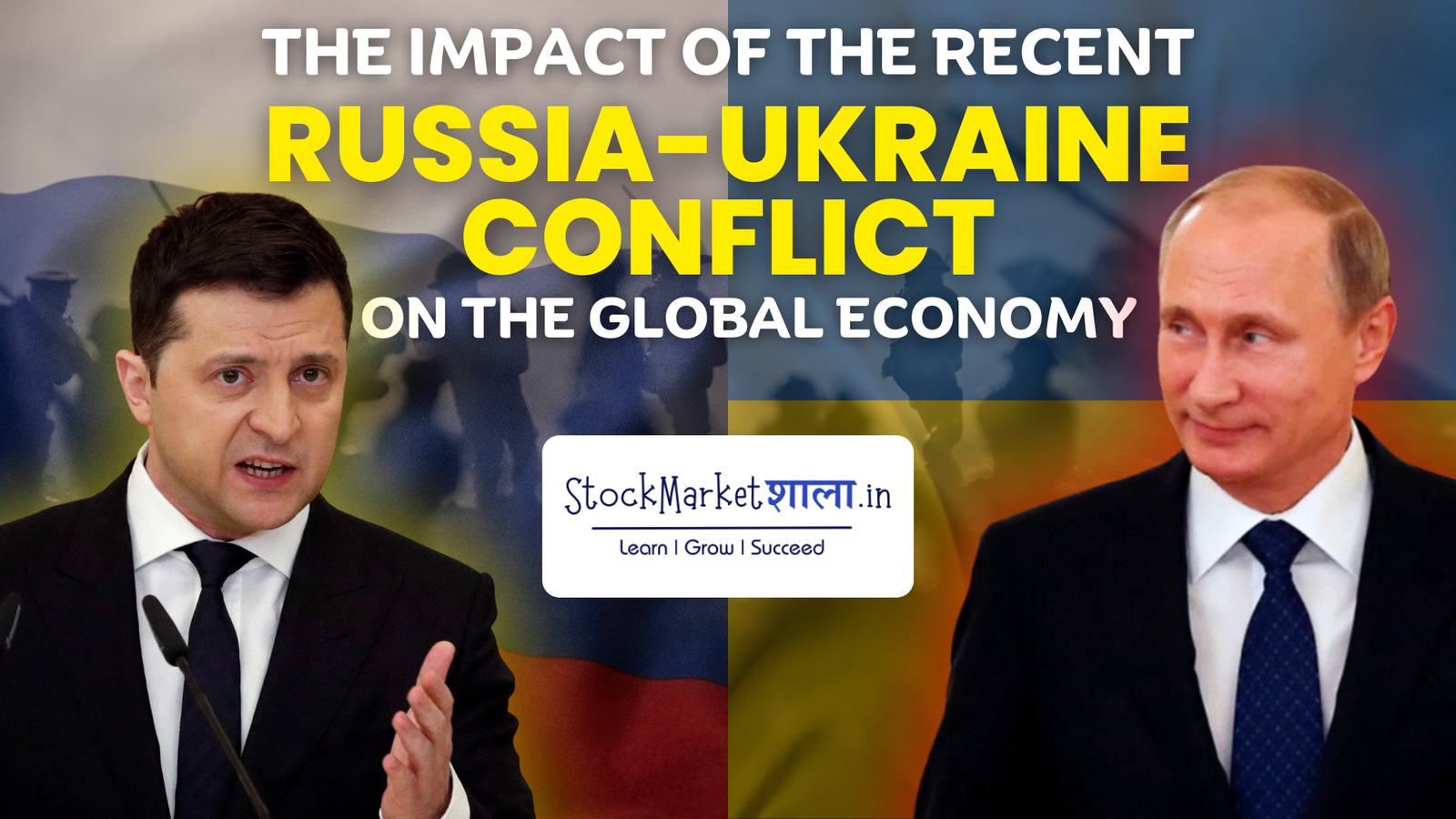Over the past few years, the ongoing conflict between Russia and Ukraine has not only had devastating effects on the two nations involved, but it has also had far-reaching implications for the global economy. The tension between these two countries has created a ripple effect that has impacted various sectors and economies around the world. In this blog post, we will explore the key aspects of this conflict and its overall impact on the global economy.
The Background: Russia-Ukraine Conflict
The conflict between Russia and Ukraine began in 2014 when Russia annexed Crimea, a region previously under Ukrainian control. This move was met with international condemnation and led to a series of economic sanctions imposed on Russia by Western countries. Since then, the situation has escalated with ongoing military clashes in eastern Ukraine and geopolitical tensions between Russia and the West.
Energy Dependency and Oil Prices
One of the major consequences of the Russia-Ukraine conflict is the impact on energy markets, particularly natural gas and oil. Ukraine has historically been a transit country for Russian gas exports to Europe, and any disruption in the energy supply has a direct effect on global energy prices. The uncertainty surrounding the conflict has led to concerns about the reliability of gas supplies, resulting in increased volatility in energy markets.
Furthermore, the conflict has highlighted the importance of diversifying energy sources and reducing dependency on Russian gas. European countries have been exploring alternative energy options and investing in renewable energy to mitigate the risks associated with the conflict. This shift towards renewable energy has long-term implications for the global energy landscape.
Trade and Economic Sanctions
The conflict between Russia and Ukraine has also resulted in trade disruptions and economic sanctions. The European Union and the United States, among others, have imposed sanctions on Russia, targeting key sectors such as finance, energy, and defense. These sanctions have had a significant impact on the Russian economy, leading to a decline in foreign investment and a decrease in trade with Western countries.
Conversely, Ukraine has also faced economic challenges due to the conflict. The ongoing military clashes and the annexation of Crimea have disrupted trade routes and damaged infrastructure. The country has had to rely on financial assistance from international organizations such as the International Monetary Fund (IMF) to stabilize its economy.
Global Financial Markets
The Russia-Ukraine conflict has had a notable impact on global financial markets. The uncertainty surrounding the situation has led to increased volatility in stock markets and currency exchange rates. Investors have become cautious about investing in emerging markets, particularly those with geopolitical risks.
Furthermore, the conflict has highlighted the importance of geopolitical stability as a factor in investment decisions. Investors are closely monitoring the situation and adjusting their portfolios accordingly. The impact of the conflict on financial markets is a reminder of the interconnectedness of the global economy and the significance of geopolitical events.
Regional Implications
The conflict between Russia and Ukraine has not only affected the global economy but also has regional implications. Eastern European countries, in particular, have been directly impacted by the conflict. They have faced challenges such as an influx of refugees, trade disruptions, and security concerns.
Moreover, the conflict has strained relations between Russia and Western countries, leading to a broader geopolitical realignment. Eastern European countries have sought closer ties with Western nations and increased their defense spending to counter potential threats. This realignment has geopolitical implications that extend beyond the immediate conflict between Russia and Ukraine.
The Road to Resolution
As the conflict between Russia and Ukraine continues, the international community has been actively engaged in finding a peaceful resolution. Diplomatic efforts, negotiations, and ceasefires have been attempted, but a lasting solution remains elusive.
The resolution of the conflict is crucial not only for the well-being of the people directly affected but also for the stability of the global economy. A peaceful resolution would help restore confidence in the region, encourage investment, and promote economic growth.
Conclusion
The Russia-Ukraine conflict has had a significant impact on the global economy. From energy markets to trade disruptions and financial market volatility, the consequences of this conflict are far-reaching. The ongoing tension between Russia and Ukraine serves as a reminder of the interconnectedness of the global economy and the importance of geopolitical stability. It is essential for the international community to work towards a peaceful resolution to mitigate the economic and regional implications of this conflict.

